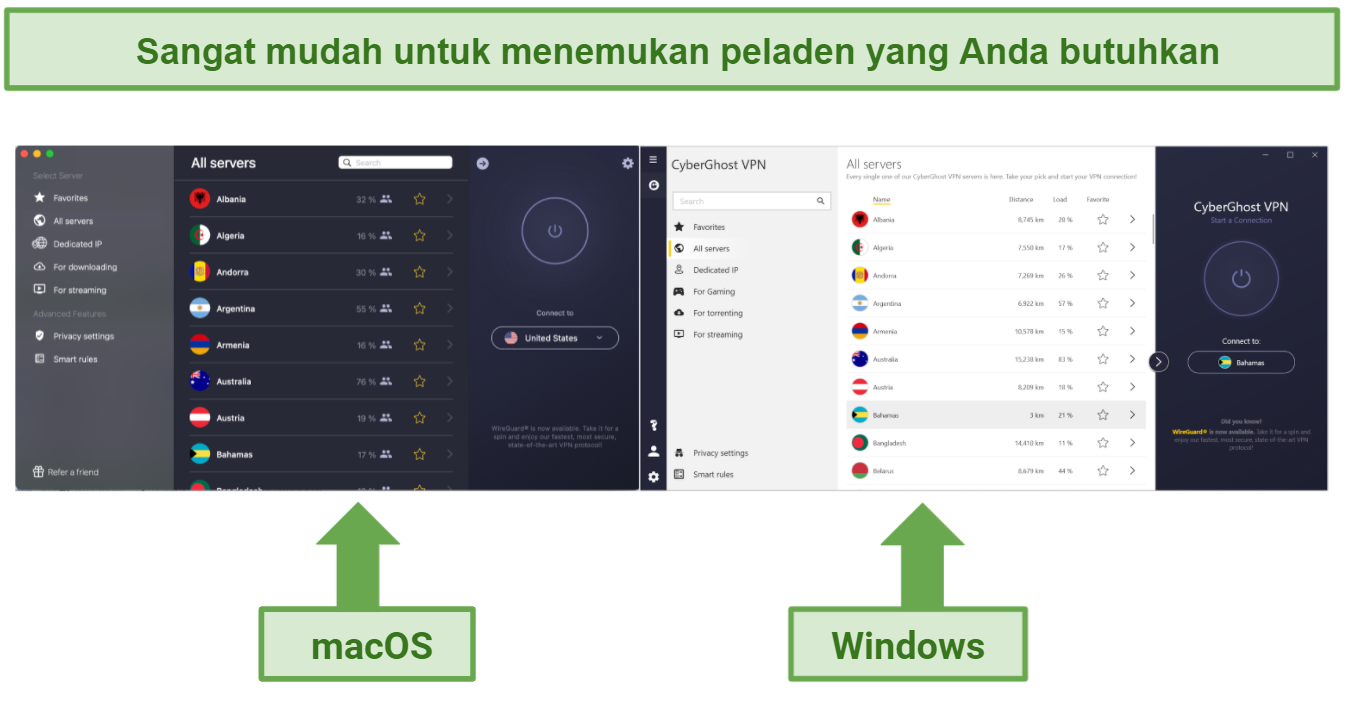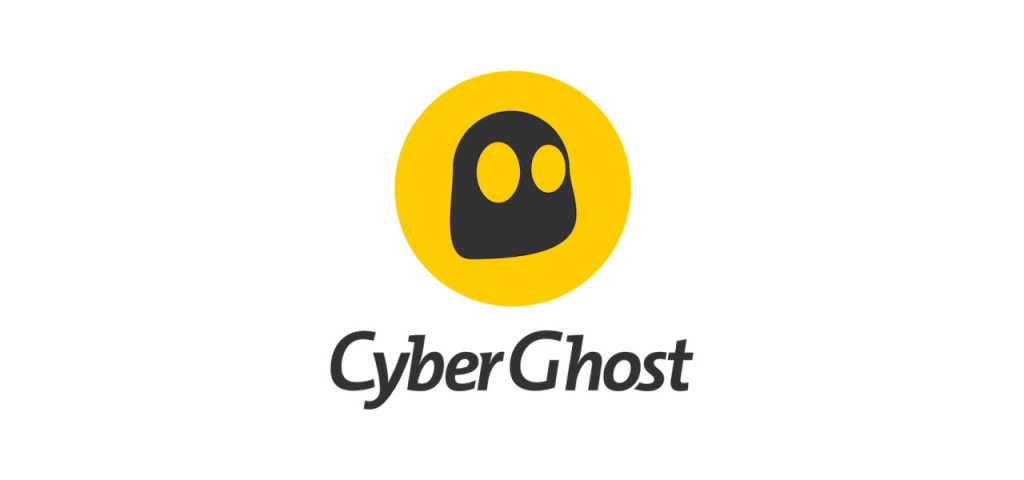
Access to “no spy” servers: By upgrading to a six-month or annual service, you can use CyberGhost’s “no spy” servers, servers that are maintained end-to-end in-house and cannot be accessed by a third party. No matter where you are in the world, there is a fast and easy-to-access option nearby. Thousands of servers worldwide: CyberGhost VPN has more than 9,000 servers across 91 countries. Should it come across a threat, it automatically blocks and quarantines it. Antivirus and security add-ons: CyberGhost provides downloadable antivirus protection on Windows. Dedicated IP address: Instead of sharing an IP with other users, CyberGhost gives you the option to set up your own dedicated IP address, letting you add another layer of privacy. Internet speed: By selecting “best location,” CyberGhost links you to the fastest nearby server for maximum internet speeds, letting you stream shows or movies and enjoy gaming without lag. Paying for a two-year contract may cost less than what you’d pay annually with some VPN service providers. Competitive pricing: CyberGhost VPN is an affordable option when compared to similar services. ProsĪdvantages to signing up for CyberGhost VPN include: CyberGhost’s self-proclaimed “paranoia” led the brand to think beyond the measures that will keep user data out of the wrong hands. These servers are completely self-maintained, and managed end-to-end, allowing maximum protection of customer information in the face of demanding advertisers or threats from various governments. 

This means that VPN companies cannot always guarantee complete control over how data is shielded or if it’s completely protected.ĬyberGhost sought to avoid this issue by creating in-house “no spy” servers at its Romanian headquarters.

What sets CyberGhost VPN apart from the competition is the company’s determination to protect its users’ privacy, to the point of creating “no spy servers.” As CyberGhost explains, while VPNs are meant to mask user data and activity, many use third-party data centers to do so.







 0 kommentar(er)
0 kommentar(er)
